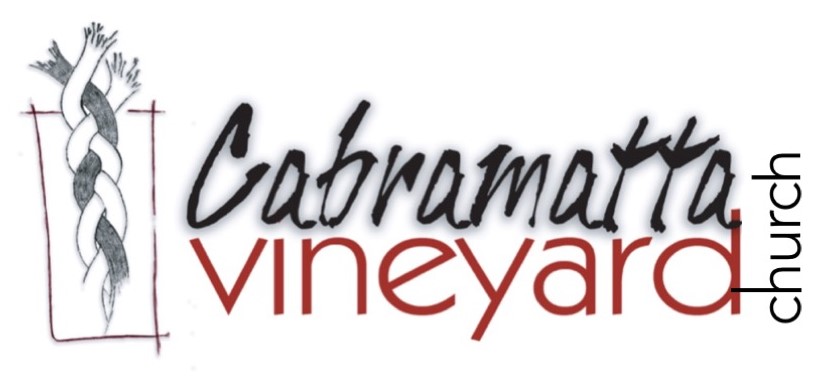Perhaps the single most helpful idea in our transition from inherited church to a network of missional communities came in conversation with Al Hirsch when he said simply, ‘Re-organise around mission. Make mission the organising principle for discipleship.’
A. Redefine discipleship.
1. Dallas Willard asks a provocative question in The Divine Conspiracy. What if the current sorry state of the Western church is not in spite of what we are doing, but precisely because of it?
- “Why is today’s church so weak? … Why are Christians indistinguishable from the world?” Shouldn’t we consider the possibility that this sad situation is not in spite of what we teach and how we teach it, but precisely because of it?”
- Willard’s disturbing questions caused me to reflect on church, mission and discipleship.
2. Discipleship should be ordered around the Jesus of the gospels
- His life, teaching, mission and methods.
- Our shared practices should contribute to the process of making disciples who actually follow Jesus with their real lives.
B. Restructure to make room for mission.
1. Connecting spheres of relationship and influence.
- Western suburban life is lived in a series of relational spheres: home, family, work, school, church, leisure.
- In the post-Christendom west these spheres are usually all disconnected. Life is frenetic. Everyone is tired, busy and stressed.

c. The Suburban missionary simplifies her life by connecting and overlapping as many spheres as she can. This will involve counter-cultural lifestyle choices.
2. Unpack the program (or ditch it).
- Are people too busy going to meetings to follow Jesus?
- How does this program or practice contribute to the process of making disciples who actually follow Jesus into his mission.
- Is it working? Does this program produce the habits and practices of a follower of Jesus? If not, stop doing it.
- E.g. meeting weekly; church buildings; Sunday church; the sermon; homegroups.
C. Rethink church – ‘a place where’ or ‘a people sent’?
For fifteen hundred years or more the Western church has had only one model of ministry based around the simple idea, ‘Come to us’.
1. Christendom model Church
- Building and ministry centred.
- Grow the congregation by attracting more people.
- Hierarchical leadership dominated by pastor-teacher.
- Central place in the host culture.
- Attractional and extractional.

2. Church in missional mode
“The missional church is incarnational, not attractional, in its ecclesiology. By incarnational we mean it does not create sanctified spaces into which unbelievers must come to encounter the gospel. Rather, the missional church disassembles itself and seeps into the cracks and crevices of a society in order to be Christ to those who don’t yet know him.”
- A people sent on a mission – missional community is built around the mission of Jesus.
- Grassroots – decentralised.
- Pioneering-Innovative leadership .
- Comfortable on the margins of society.
- Missional-incarnational approach

3. Battleship or Cruise-liner?
mission or leisure; passengers or crew
D. Reverse the direction of ministry from ‘Come to us’ to ‘Go!’
1. Most Aussie Christians think of church as a place they go to.
- The language betrays our functional ecclesiology.
- The approach to mission is ‘Come to us’.
2. The Mandate of the Church is ‘Go!’ Always has been. We can locate this in various statements of the Great Commission in the gospels.
Matthew 28.19-20 ‘Go! Make disciples of all nations… baptizing… teaching them to obey. I will be with you always.’
John 20.21 ‘As the Father has sent me, I am sending you.’
3. The missional-incarnational impulse is actually located much earlier on the biblical record.
- Creation Mandate – Genesis 1.28-29. God’s image bearers are commissioned as God’s stewards and commanded, ‘Be fruitful and multiply. Fill the earth.’ The corporate task of God’s image bearers is to spread out and fill the Earth with the generous rule of God.
- Redemptive Mandate – Genesis 12.1-3 is a double command: Go … Be a blessing … to all the nations of the Earth.
- Notice the connection between going in response to God’s command and the blessing of all nations.
Go … Leave your country, your people and your father’s house … and all the nations of the earth will be blessed through you.
Sound familiar?
4. Christendom default setting – The idea that church is ‘a place where something happens’ is deeply embedded in our culture.
E.Retool for mission
1. Equip people with the tools that they need to follow Jesus into his mission in their real lives.
2. Equipping workshops
- Developing the habits and practical skills of a Jesus follower.
- E.g. how to connect with the Father; how to heal sickness and disease; how to bind up broken hearts or minister forgiveness; how to hang out with sinners and tax collectors; how to speak and act for justice.
3. The habits of an urban missionary:
- Listening and learner-postured dialogue
- Responding and serving
- Inviting and celebrating
F. Release people into the Harvest
1. Freeing people from the constraints of ‘the pastor’s vision’.
2. Following Jesus into his mission in your real life. Where does your real life happen? In what ways is God already at work? How can you join in what God is already doing?
3. Working with God in creation.
